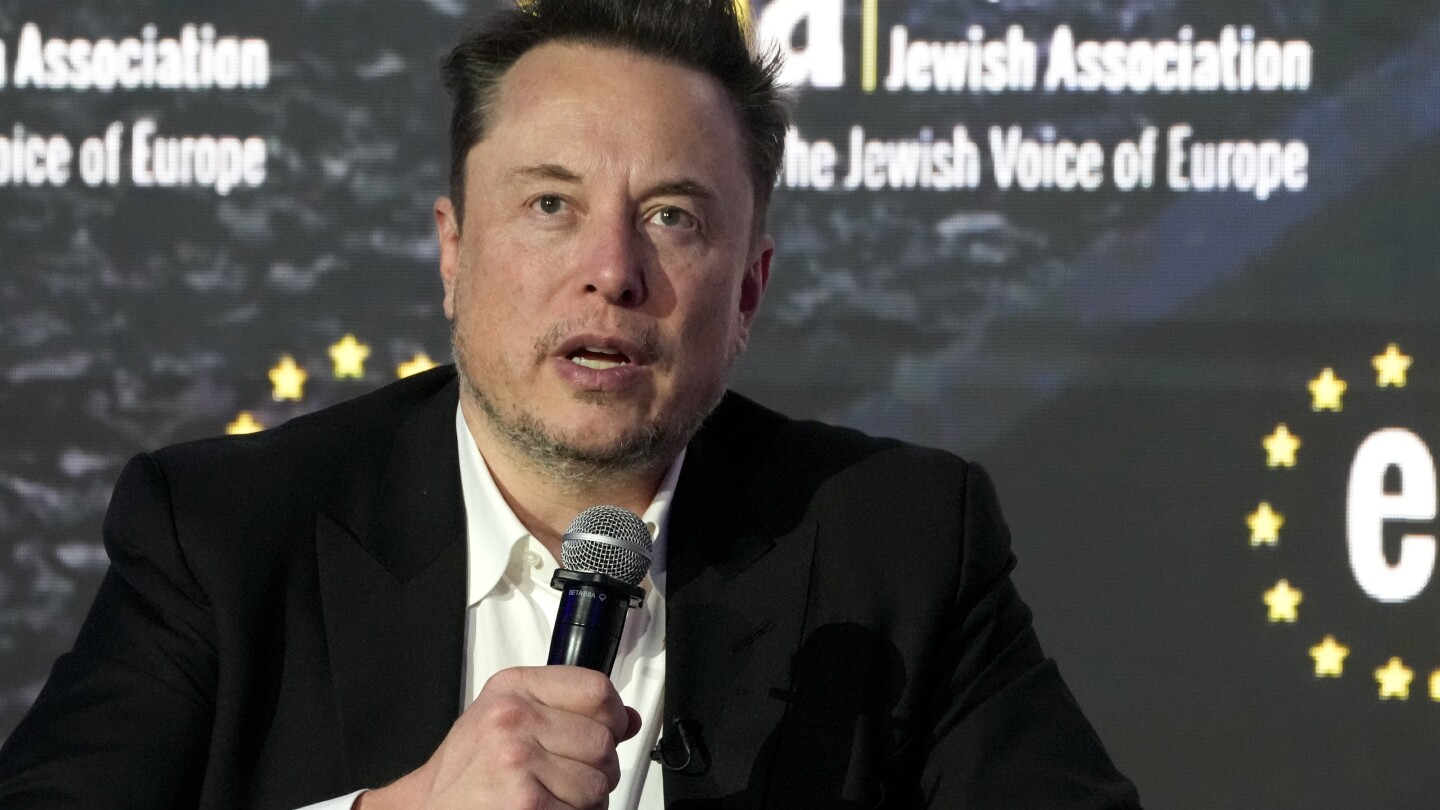A manipulated video that mimics the voice of Vice President Kamala Harrissaying things she did not say is raising concerns about the power of artificial intelligence to mislead with Election Day about three months away.
The video gained attention after tech billionaire Elon Musk shared it on his social media platform X on Friday evening without explicitly noting it was originally released as parody.
The video uses many of the same visuals as a real ad that Harris, the likely Democratic president nominee, released last week launching her campaign. But the video swaps out the voice-over audio with another voice that convincingly impersonates Harris.



Gotta hard disagree with you there, friend… Although I see the merit in that, I think we should be taking examples like this and sharing them around with crystal clear context that:
Like I know lots of people who don’t know that this sort of thing is even remotely possible, and would have a hard time understanding how to contextualize it, even if they sense something fishy about it. They need to see and hear these deepfake-adjacent materials first hand with context to innoculate against the truly deceptive stuff that they’ll be exposed to.
It also feels like there’s something subliminal about it. Like you’re hearing her voice saying she’s a deep state puppet then cut to her actually making a mistake in a speech (but it’s using old school editing techniques there too) and then back to the deepfake voice back to the actual video of her.
Sure when you see it you know which is her and which is the deepfake. But later if you see some of those actual clips again, you might recall seeing it somewhere before and then vaguely recall some of the things the deepfake voice said along with it.
It’s very insidious really. Memories are a weird thing and I don’t know if it’s been studied what kind of effect this sort of thing could have on people. So I don’t know. But it seems plausible that you could create false memories of someone saying something they didn’t say by intercutting things they did say with a deep fake of things they didn’t say.
Yeah, I think that’s exactly right. I don’t think it’s like a sophisticated deliberate psyop or anything like that, but the effect you describe certainly exists.
Most people are only partially paying attention to most of the information they consume, even the smart, thoughtful ones… Combined with the lossy storage of human memory, it’s easy to cache the wrong conclusions when exposed to stuff like this.
deleted by creator
I see your point, too! I think to the degree that the story is about Elon showing us who he is, it makes sense to just give the dumpster fire less oxygen to burn… But to the degree that it’s about AI eroding our ability to understand truth, I think we need as much exposure as possible to things like this while we can recognize them.
I think a reasonable person could land in either place in this instance.
deleted by creator
By 30s in to the 1m52s video, when she calls Biden a deep state puppet, is where it’ll be obvious to (I hope) 99% of the population. Prob not quite that high though. But yeah. Wanna emphasize it’s not a deepfake of her supposedly spicy stuff…
It’s what an idiot thinks is cunning satire.
It’s dangerous, of course, but don’t want folks to get the wrong message. We might be at an early stage of Musk testing what he can get away with w/r/t political deepfakes - maybe the next one will be dicier. Or maybe not, he can be awful without faking a thing.
Yeah… I think part of the trouble though is that even if people recognize that calling Biden “a deep state puppet” is not plausible, many people don’t know that it’s possible to realistically synthesize a voice like that, so where do they end up?
“Well they probably took some other quote she said out of context, she must have been joking when she said that,” or “They must have cut different clips together” or something like that.
So even people who don’t fully fall for it can still be deceived in a more subtle way. Or as another respondent mentions, over time, you remember her voice saying something dubious, but don’t quite remember where or what. A subtle nudge that can be just as dangerous as buying it at face value.
Indeed, 99% was fabulously wishful of me.
Devious and insidious. Great point.
Yeah like… Maybe 99% (or some high number) would sense that something’s up, but end up with the wrong conclusion. Like how an older family member of mine thought James Cameron’s Avatar had really impressive makeup and costumes and other practical effects… cause he didn’t really understand CGI.
Where he should have landed was something like “My model of how practical effects work can’t adequately explain this,” but instead, his brain made some smaller-but-more-wrong leaps that led him somewhere weird.
I think lots of people are going to experience that same kind of thing with AI-driven propaganda, even when they notice that something is up.